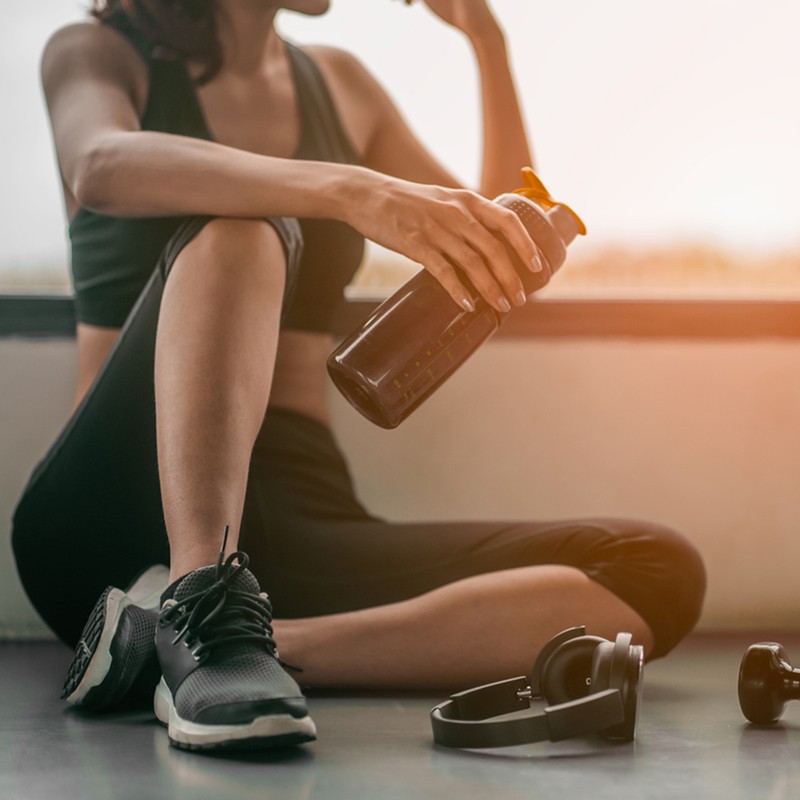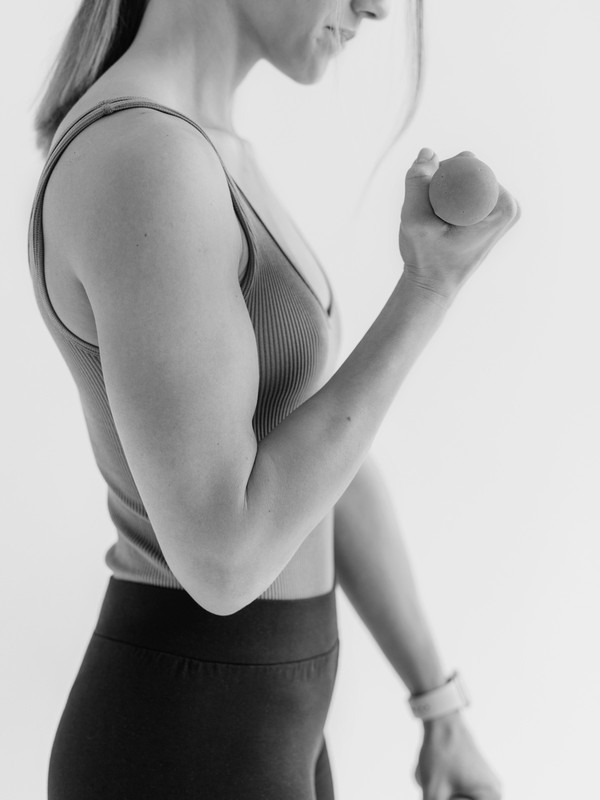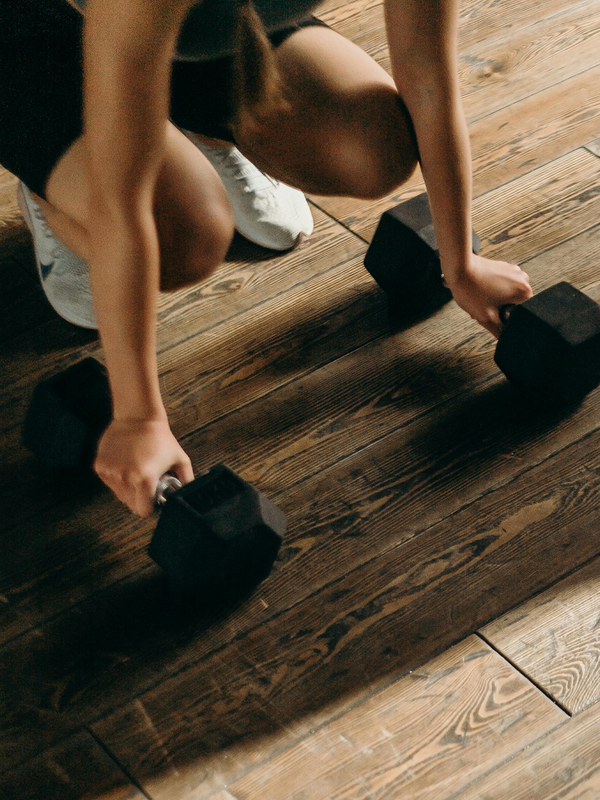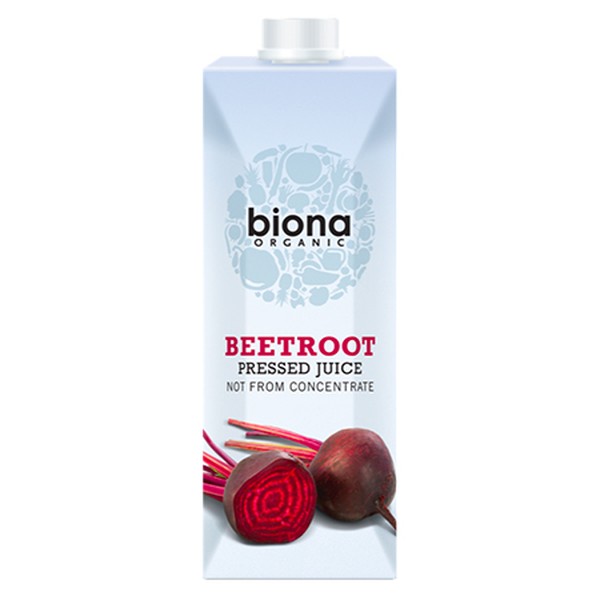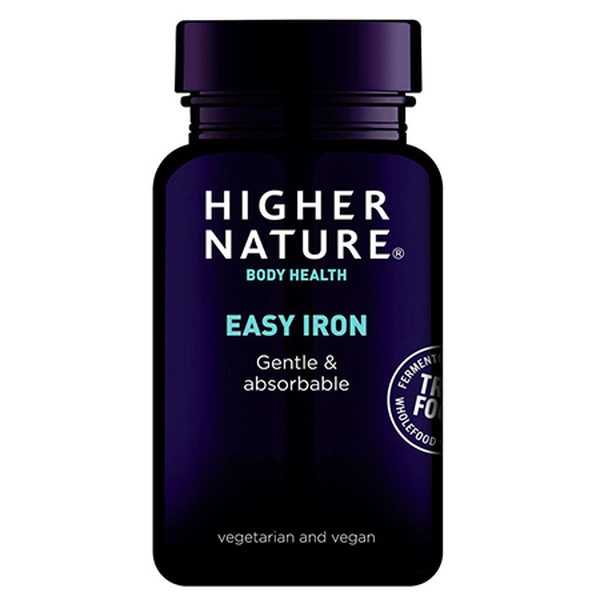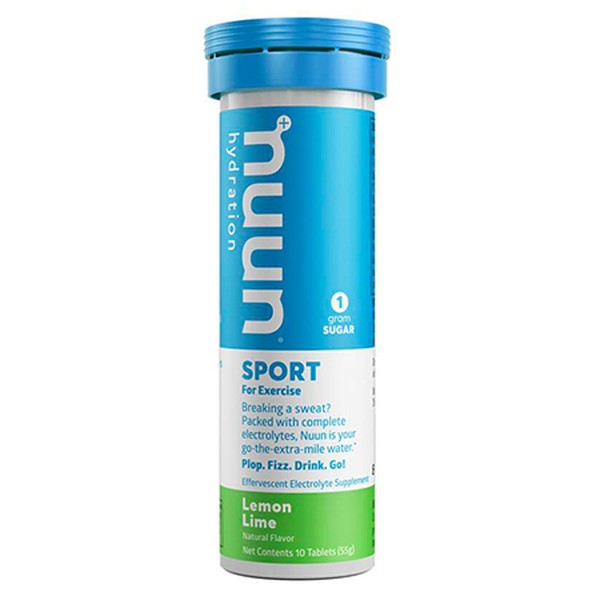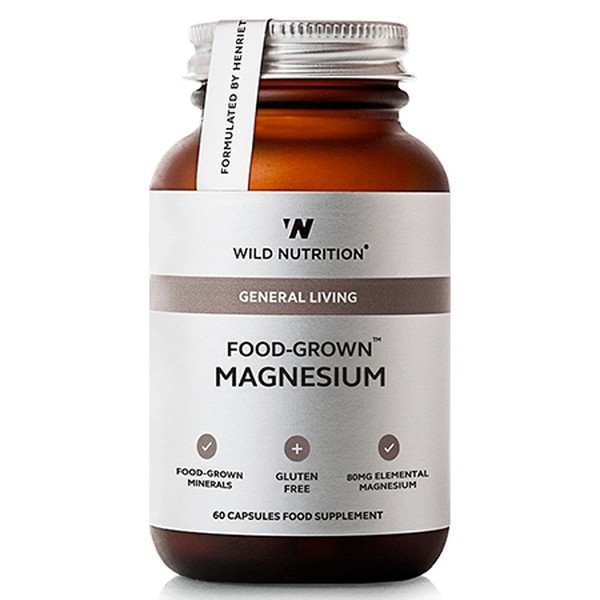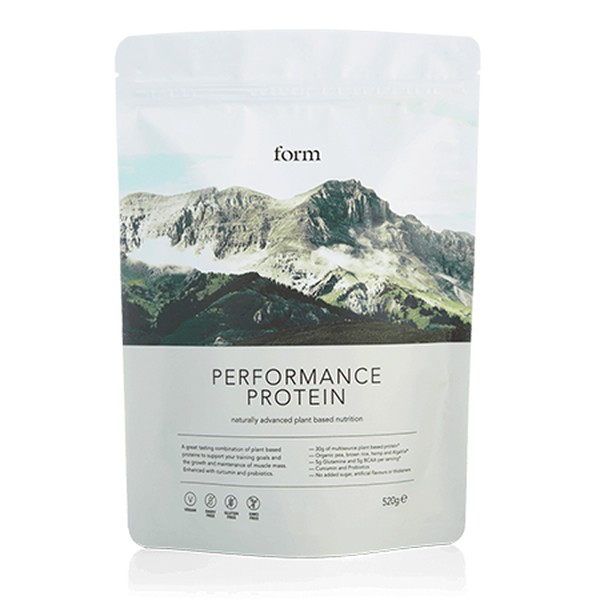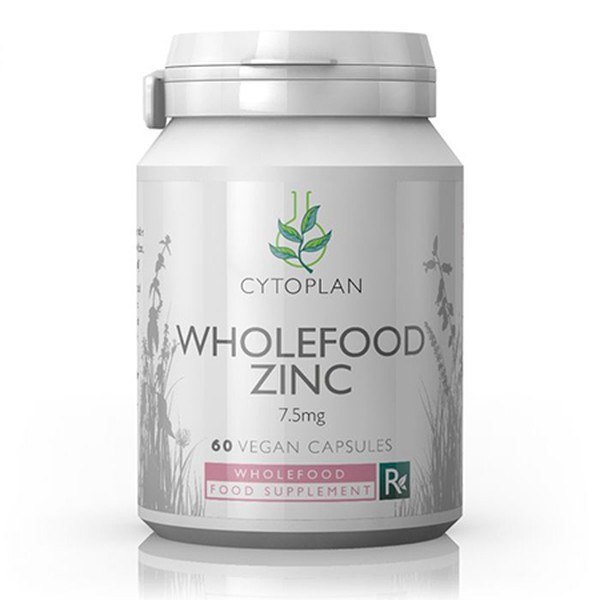The New Post-Workout Nutrition Rules
CARBS VS PROTEIN
Unsure as to whether you should be mainlining porridge or eggs post-workout? It all comes down to what activity you’ve been doing, explains nutritionist and Linwoods Health Foods ambassador Jenna Hope. “Both protein and carbs are important after a HIIT session, run or heavy lifting session, while you should prioritise protein after a lower-intensity yoga or Pilates session. The amounts required will be different for everyone but aim for around 20g protein and a handful of carbs, i.e. one slice of toast, a banana or some oats, but don’t be afraid to increase this if you’ve been doing more intense exercise,” she says.
TRY THIS: Carbs and protein are essential, but don’t forget to add in a dose of healthy fats, says Jenna. “Healthy fats will slow down the release of your post-workout meal and leave you fuller for longer. They’ll also provide some key fat-soluble nutrients, such as vitamins A, D and E to aid recovery.”
THINK ABOUT IRON
If you’re a keen runner, studies suggest you might be at an increased risk of an iron deficiency. That’s because every time your foot hits the pavement, this creates pressure, which can destroy a small amount of red blood cells. Iron can also be lost through sweat, as well as through the gut during endurance exercise, as circulation to certain parts of the body dials down, creating microscopic tears in the gut wall. Women also lose an average of 1mg of iron every month with their period, although those with a heavy flow could lose up to six times this amount. Unsurprisingly, a lack of iron results in less oxygen reaching your exercising muscles, so a deficiency could be the thing standing between you and that PB.
TRY THIS: The NHS recommends 14.8mg of iron per day for women aged between 19 and 50, which equates to roughly a 400g portion of steak. If, like 14% of the UK population, you’ve cut back on your meat intake, it’s worth taking a supplement if you’re very active, as non-meat iron is less bioavailable.
UP YOUR MAGNESIUM
“Magnesium plays a key role in muscle recovery,” says Jenna. In fact, one of the key signs of a magnesium deficiency is sore, fatigued muscles and slow recovery from workouts. If you’re not bouncing back as quickly as you’d like, chances are you could do with a boost. “Magnesium is a mineral that’s required by over 300 chemical reactions in the body, and is even more essential if you’re active and stressed, both of which deplete the body’s levels of magnesium,” adds nutritional therapist Yasmin Alexander.
TRY THIS: “Focus on foods such as wholegrains, green leafy vegetables like kale and cabbage, meat and nuts such as almonds,” Yasmin advises. Some health experts say you should take magnesium, a natural muscle relaxant, immediately after a workout to counteract cortisol levels (some higher intensity workouts can raise levels of stress hormones), while others say it’s better taken before bed to aid sleep and recovery. See which works best for you as everyone is different.
DON’T FORGET ABOUT ZINC
Did you know one in five British women aren’t reaching the daily recommended intake of zinc, the mineral responsible for helping your immune system fight off bacteria and support a healthy blood supply? Zinc also supports sleep quality and recovery after hard workouts, and improves the body’s ability to use calories you’ve consumed for fuel rather than shuttling them to storage as fat. If that wasn’t enough, a recent study found participants experienced a significant drop in their zinc level during the recovery period after an aerobic workout. Long duration, high-intensity workouts, such as Barry’s Bootcamp or a solid HIIT session, place you at a greater risk of zinc deficiency, which could hamper recovery and put you at a greater risk for colds and flus.
TRY THIS: The NHS recommends 7mg of zinc per day for women aged between 19 and 64. Red meat is a particularly potent source, but ample amounts can also be found in beef, lamb and pork – around 100g of meat will provide half your daily intake. Other good sources include shellfish, legumes, eggs, nuts and seeds, and dairy produce. For vegans, tofu, lentils, oats and wild rice are also rich in zinc.
DON’T DISMISS NITRATES
If you’ve read the headlines about beetroot juice boosting sporting performance, don’t be too quick to turn a blind eye. Beetroots are rich in nitrates, including a particular type called dietary nitrates, known for morphing into nitric oxide inside the body. When this happens, the switch is said to relax blood vessels and encourage more productive blood flow to working muscles, thus helping you go faster and harder. “There is a body of research showing nitrates can help exercise performance,” Yasmin explains. Researchers found drinking 500ml beetroot juice per day for a week enabled participants to run 15% longer before experiencing fatigue. A separate study found drinking a 70ml shot of beetroot juice (equivalent to 400mg nitrate) prior to strength training were able to complete more reps compared to those taking a placebo.
TRY THIS: As registered sports nutritionist Anita Bean explains, “Nitrate is found in other vegetables, such as spinach, rocket, cabbage, endive, leeks and broccoli. But to consume enough nitrate to boost your performance (300-400mg), you’d need to eat at least 200g beetroot, 150g spinach or 100g rocket. Concentrated beetroot juice may be a more practical solution.”
BOOST ELECTROLYTES
According to Jenna, a sweaty workout could mean you’re losing more than just water. “Key nutrients lost in sweat include sodium, potassium, calcium and magnesium. It’s essential to ensure these are replaced following a workout to maintain fluid balance and support adequate hydration, which is vital for recovery.”
TRY THIS: Jenna recommends consuming a portion of fruit or vegetables after a workout, both of which are packed with water as well as sodium and potassium. If you’ve had a particularly sweaty session, don’t be afraid to add some additional salt to your meal. Don’t underestimate the humble banana, either – just one banana can contain anywhere up to 600mg of potassium, the amount lost during an hour of hard training.
Supercharge your workout with these performance-proven products…
*Features published by SheerLuxe are not intended to treat, diagnose, cure or prevent any disease. Always seek the advice of your GP or another qualified healthcare provider for any questions you have regarding a medical condition, and before undertaking any diet, exercise or other health-related programmes.
DISCLAIMER: We endeavour to always credit the correct original source of every image we use. If you think a credit may be incorrect, please contact us at info@sheerluxe.com.
